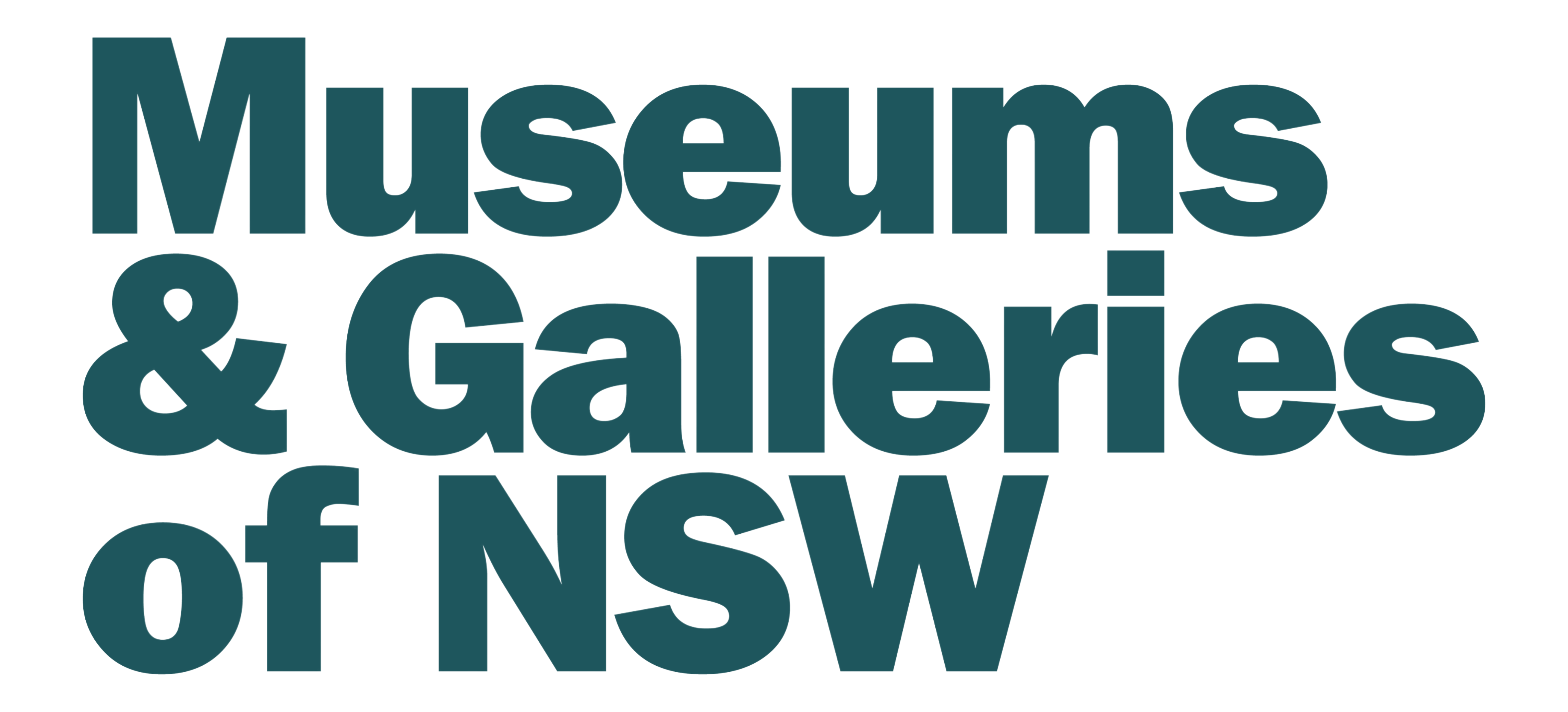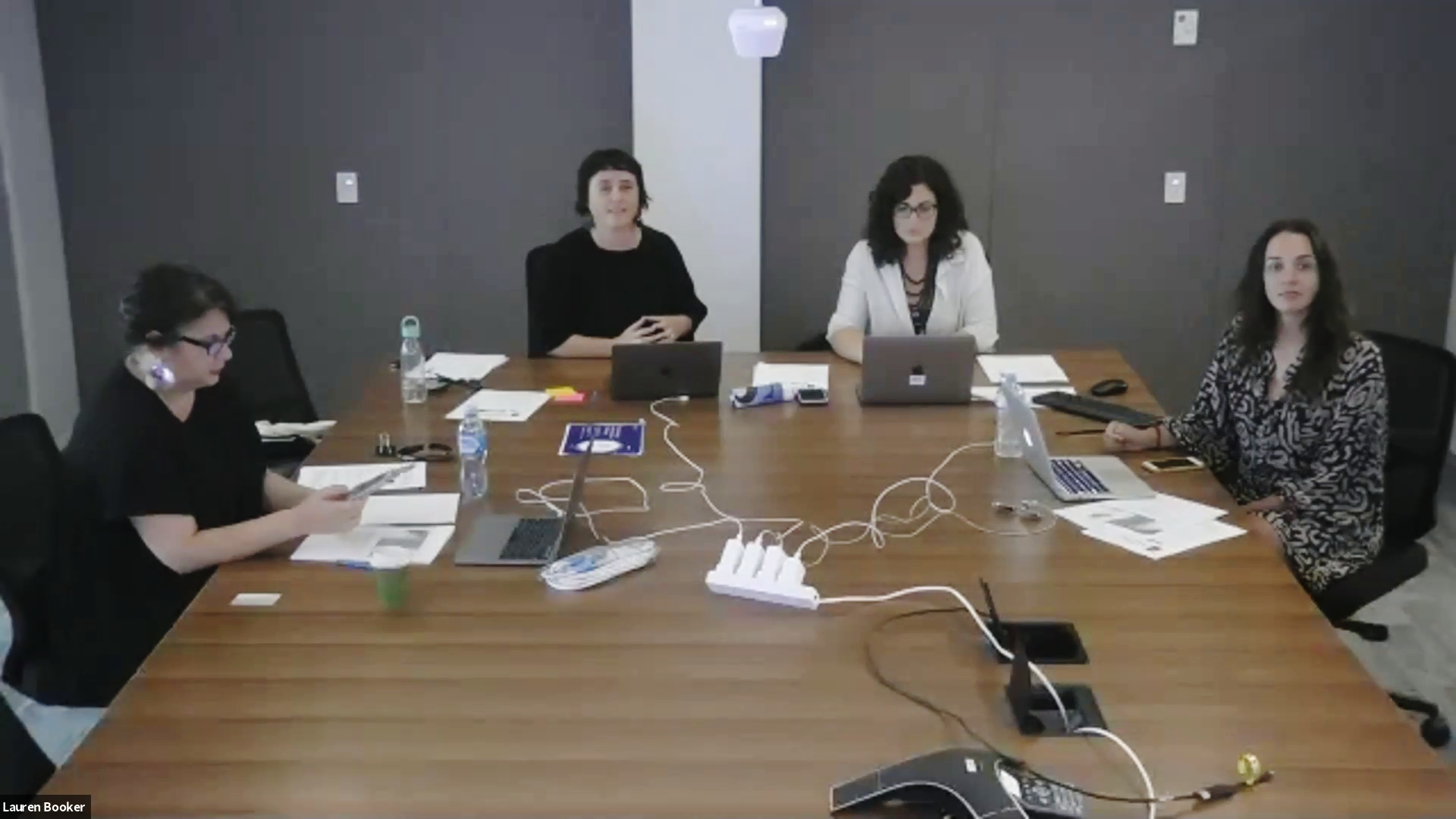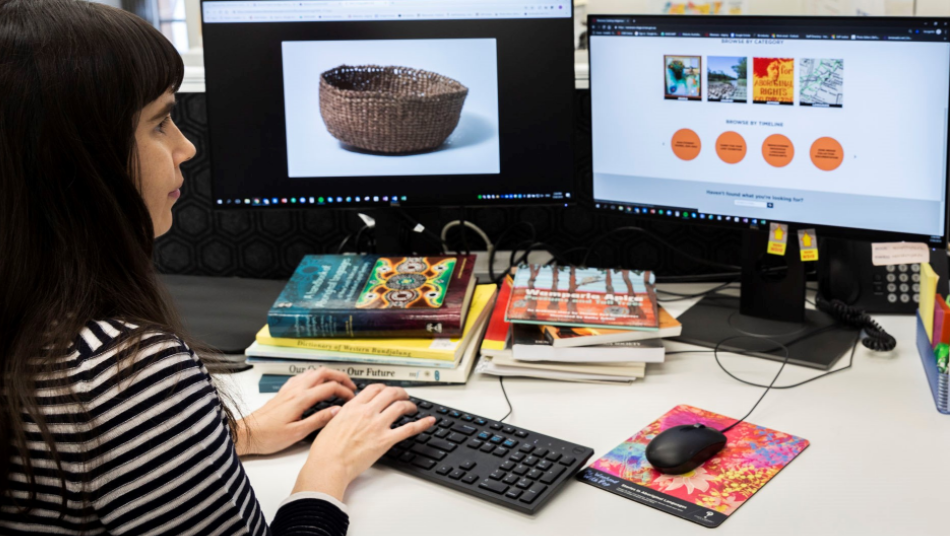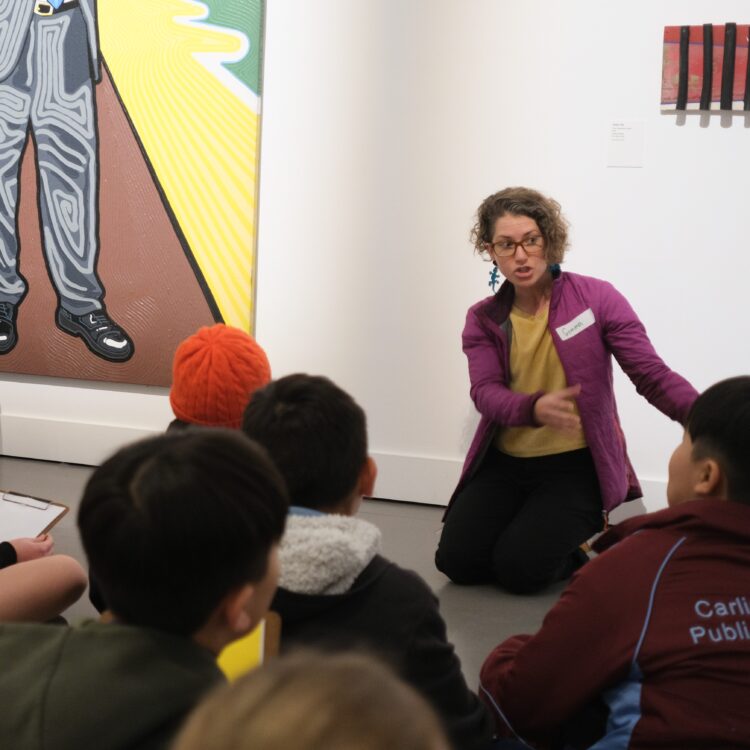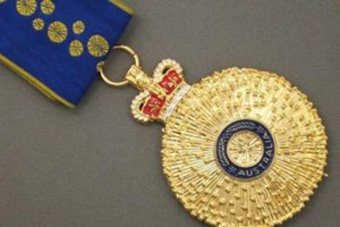Members of the Aboriginal Culture, Heritage & Arts Association (ACHAA) are at the half way point in a series of online training workshops in Mukurtu (MOOK-oo-too) the open source Content Management System (CMS) built with First Nations communities in mind.
Mukurtu uses Communities, Categories and Cultural Protocols as pathways to allow knowledge and digital cultural heritage, including photographs, video and audio to have restricted or shared access as appropriate.
The name Mukurtu is a Warumungu word from the Northern Territory meaning ‘dilly bag’ which are also used as a safe keeping place for sacred materials. Warumungu Elder, Michael Jampin Jones chose Mukurtu as the name for the community archive as a safe keeping place where Warumungu people can share stories, knowledge, and cultural materials properly using their own protocols.
The ACHAA Mukurtu Train the Trainer workshops are led by the team at the NSW Australian Mukurtu Hub at the Jumbunna Institute for Indigenous Education and Research at the University of Technology Sydney (UTS). About 10 ACHAA members have so far participated in three half day online workshops with another two workshops to happen before the end of June. Between workshops, members have access to a “sandbox”, a Mukurtu iteration established by the State Library of NSW where they can practice what they have learnt, supported by resource guides and one on ones with a Mukurtu Australia Hub trainer.
ACHHA is seeking funding to develop their own website with Mukurtu as an attached CMS. In the meantime, members plan to continue working with the NSW Australian Mukurtu Hub to share skills in the use of Mukurtu CMS and on the management of local collections. More information is available at https://mukurtu-australia-nsw.libraries.wsu.edu/
The Train the Trainers program was funded by Create NSW through its Creative Koori Digital Initiative arranged by M&G NSW on ACHAA’s behalf as part of its resourcing of ACHAA.
Related
Welcome to the NSW Australian Mukurtu Hub
Mukurtu: an online dilly bag for keeping Indigenous digital archives safe
